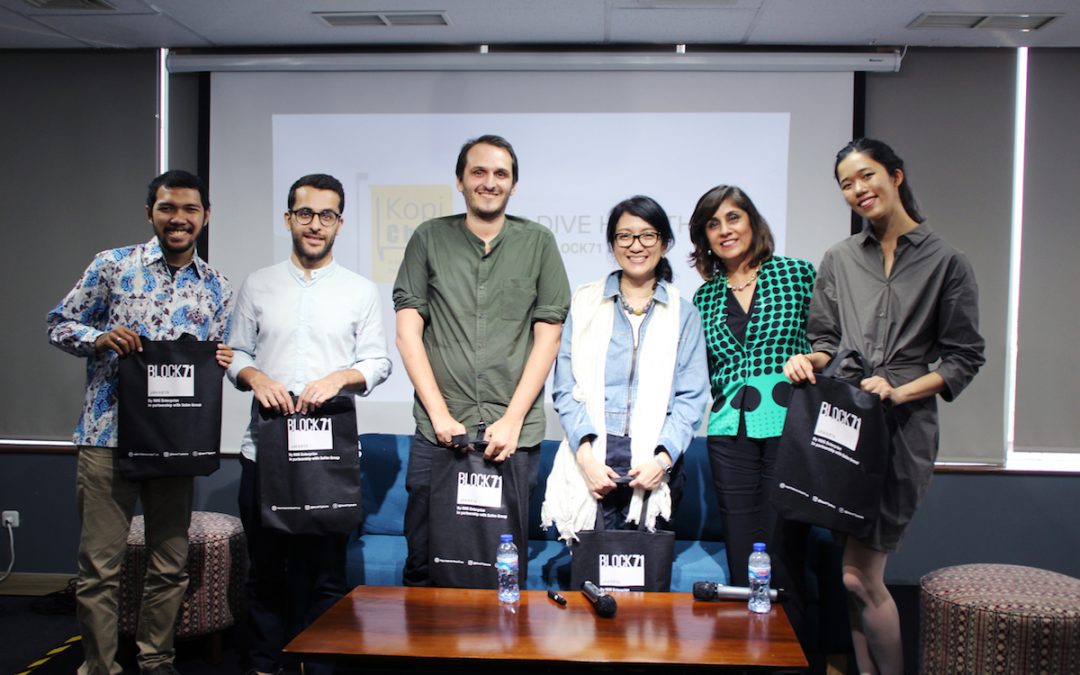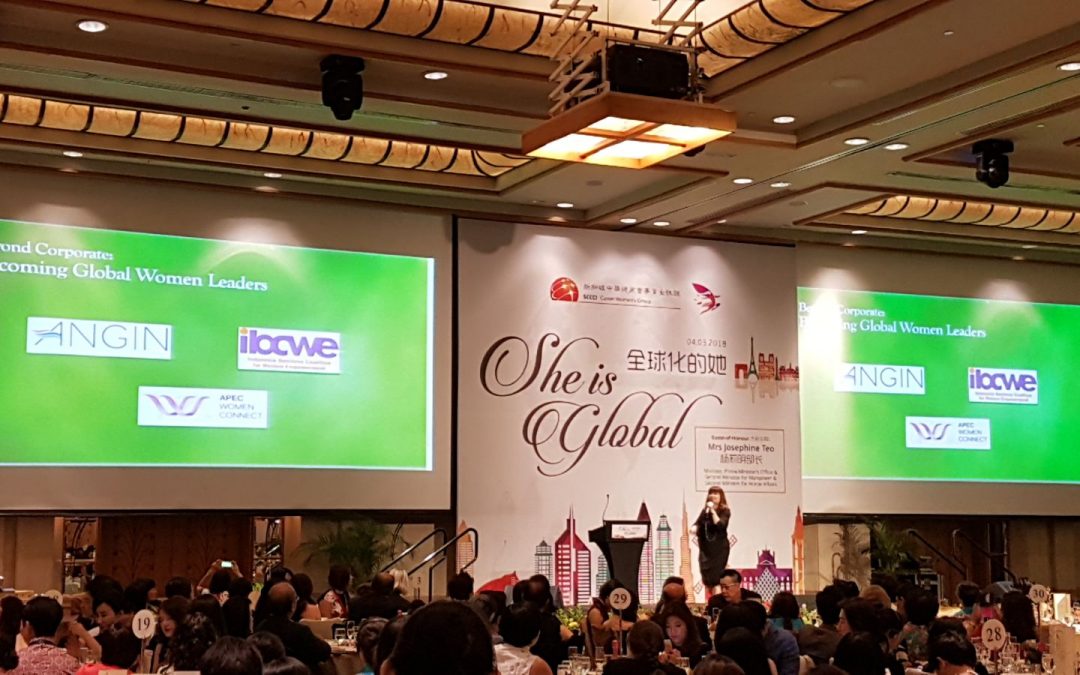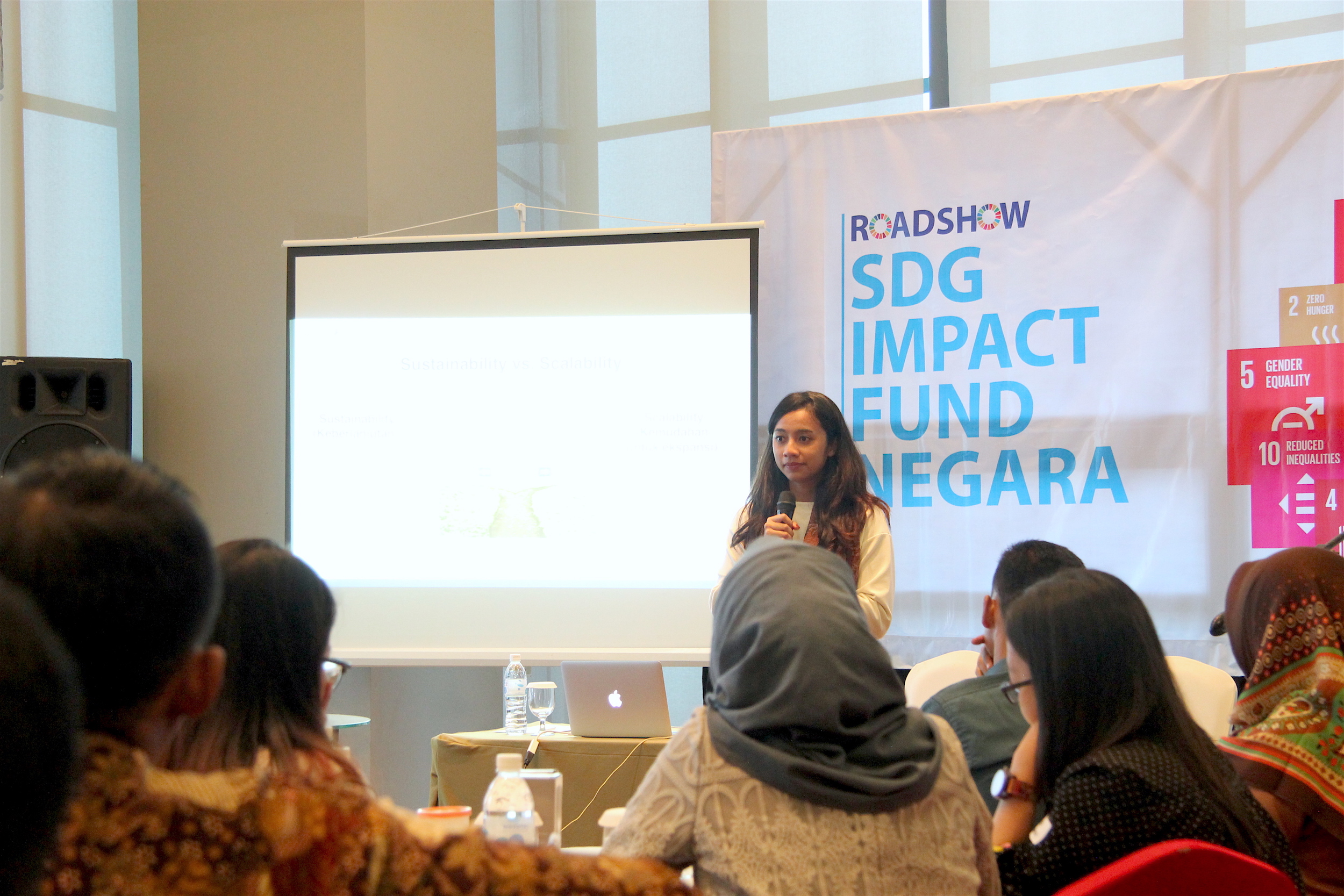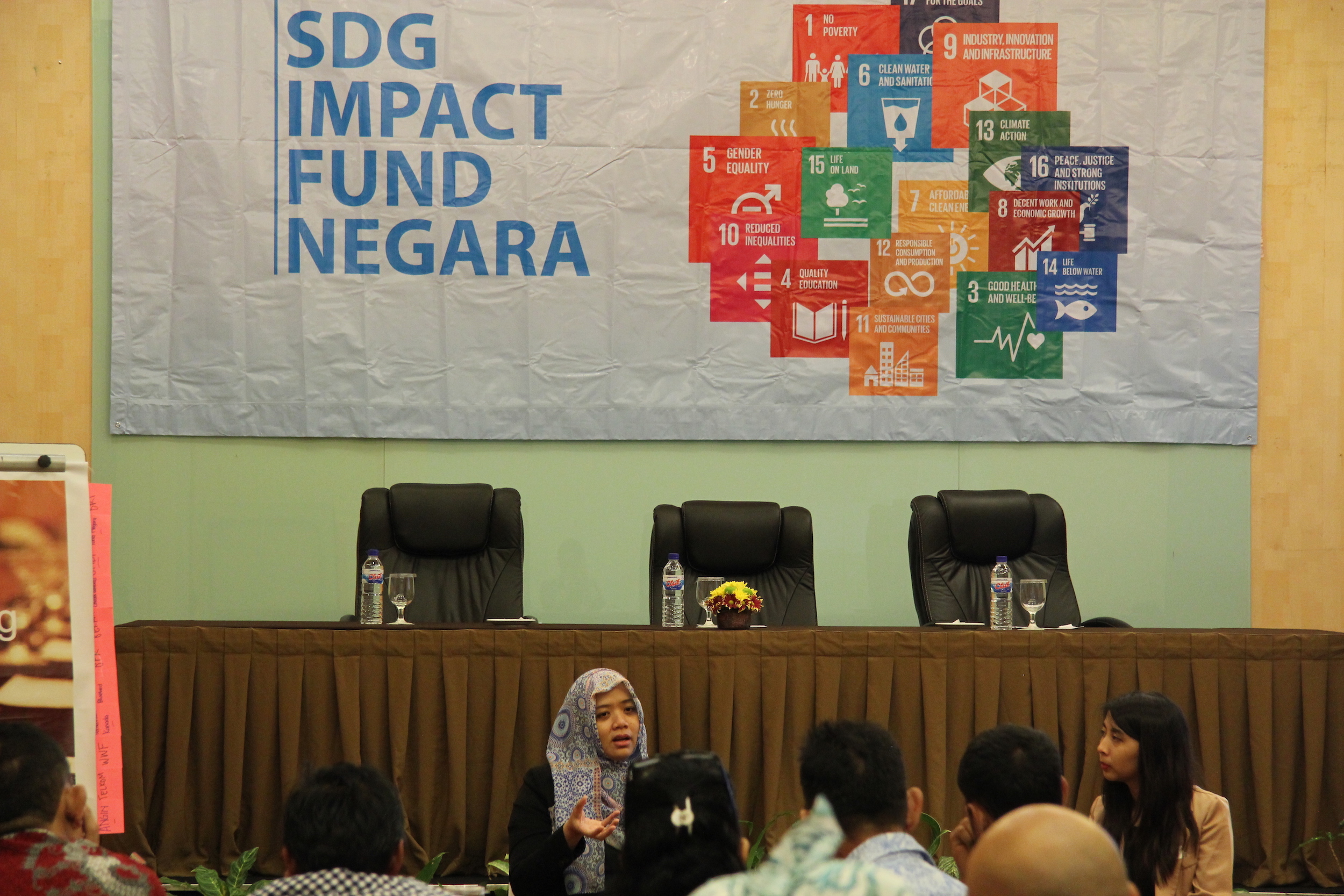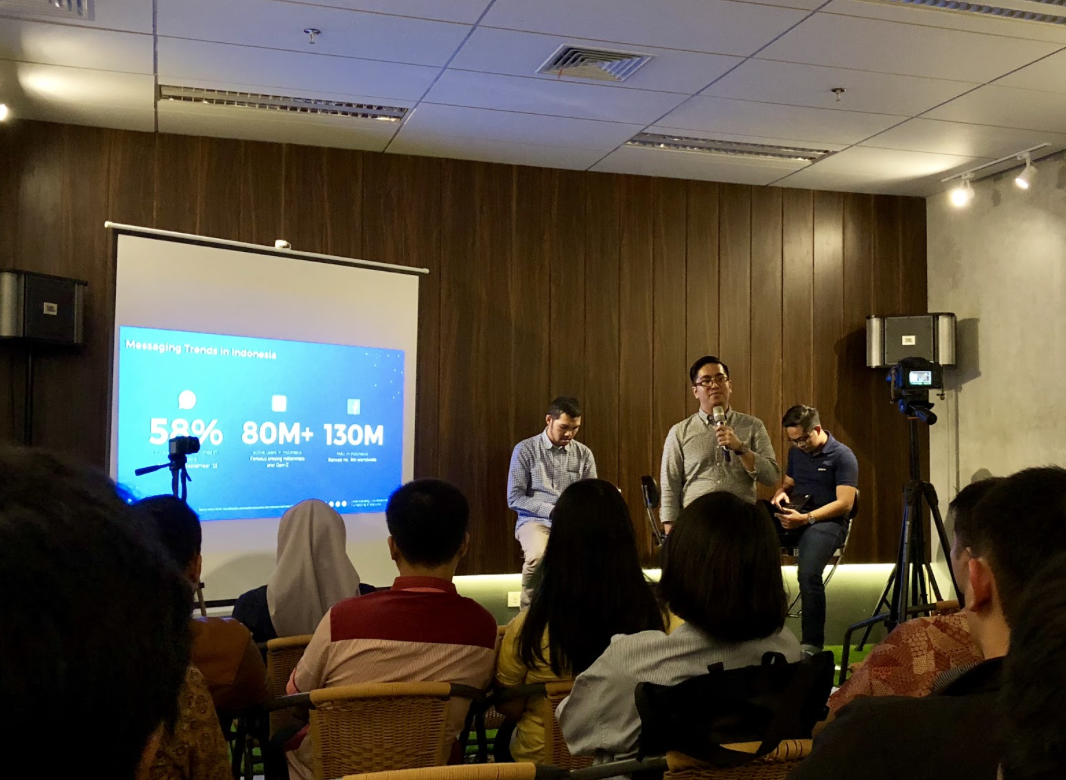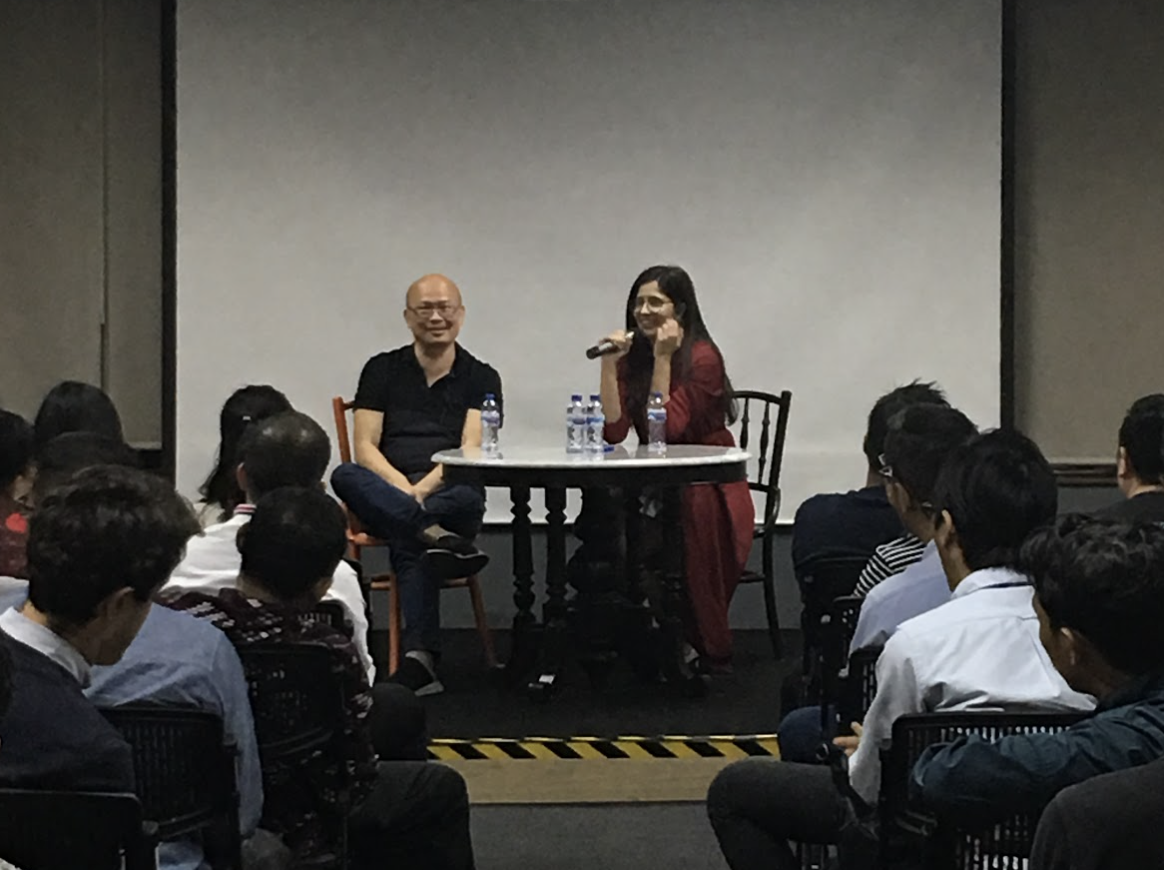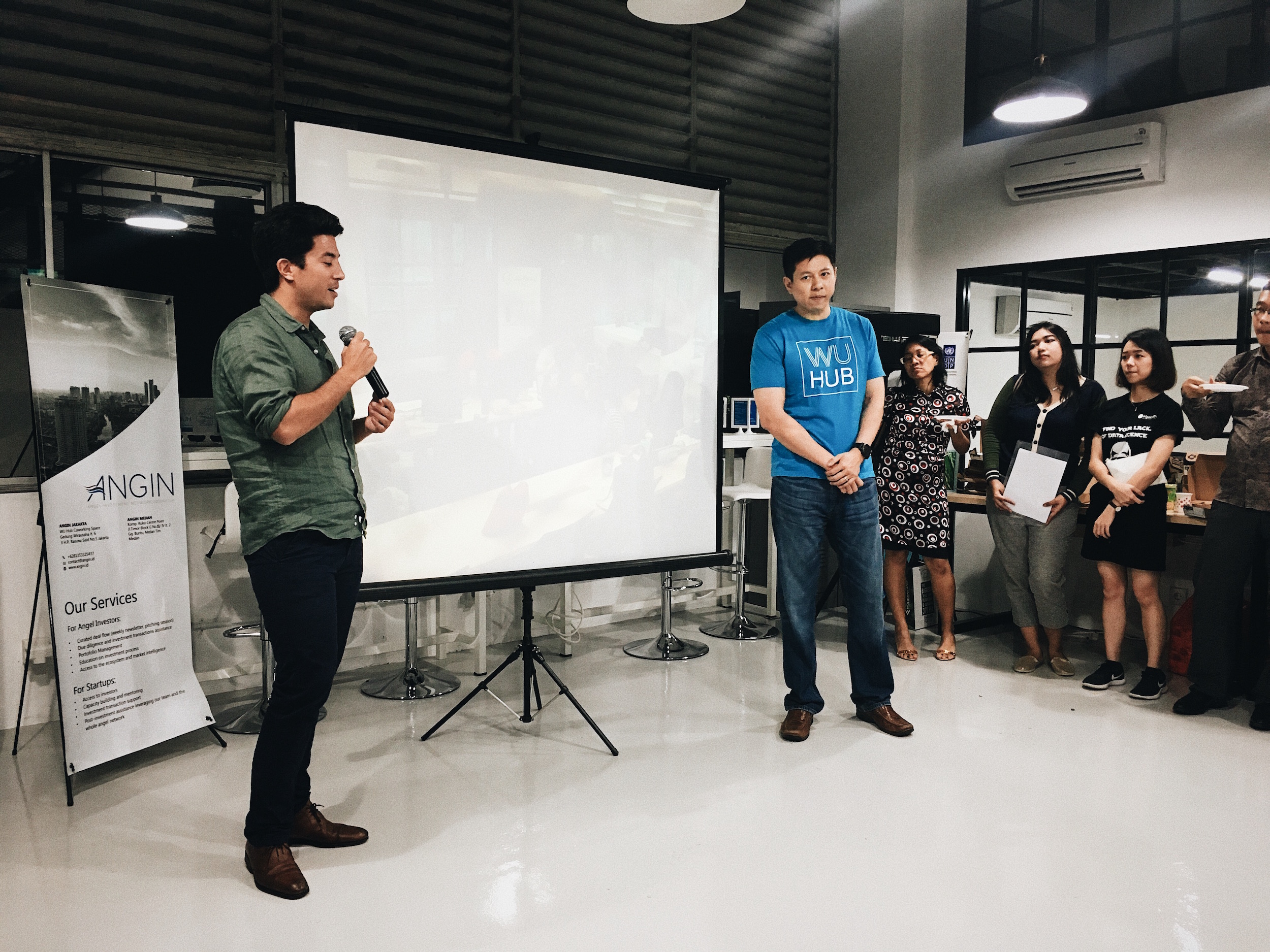ANGIN is proud to have partnered with the US State Department, GIST, and VentureWell in creating the first GIST Investors training to angel investors in Indonesia.
The full day training was packed with many topics covering areas of Investment Process Deep Dive, Valuations, Terms, & Negotiations and Gender Lens Investment with speakers: Claire Ruffing from U.S. Department of State, Eli Velasquez from VentureWell, Gwen Edwards from Angel Resource Institute (ARI), Ramphis Castro from ScienceVest and Melissa Bradley from Project 500.
Some key takeaways from the training:
- Indonesia has plenty of opportunities – young demographic with no shortage of capital. The challenge is to educate investors about the opportunities abound in startups. Gwen said that it is about finding the next “unicorn” and lots of “gazelles.”
- It is important to diversify your portfolio. As Gwen Edwards put it, having 20 investments in your portfolio is about the right number. One cannot complain about the pitfalls of angel investment if one only invests in one startup. After all, angel investment is comparable to investing in the stock market. Don’t put all of your eggs in one basket.
- It can take up to 10 years for an angel investor to see significant return from their portfolio. Angel investment is not a quick process; you must nurture and grow the companies you are investing in; some may fail, some may exit, but the process will be different every time and hopefully very rewarding.
- As an investor, one should carefully craft their investment thesis. This is represented by a few criteria that will define the parameters of your investment. Having an investment thesis is also a marketing tool for yourself, as other angel investors or networks will begin to direct deals that match with your thesis to you once you are known for your thesis.
- From Virginia Tan: gender-lens investing isn’t necessarily just “social” — it’s also extremely profitable. From her experience, women-led startups have not only been profitable but have also been more consistent with projections. Male entrepreneurs tend to pitch very well but the numbers show a bigger gap in performance versus projection.
The GIST Investor training on 5 April 2018 is the first and just the beginning of many more training and other programs. We look forward to a continued collaboration with GIST in bringing quality events to Indonesia and in providing resources to our angel network and beyond.
